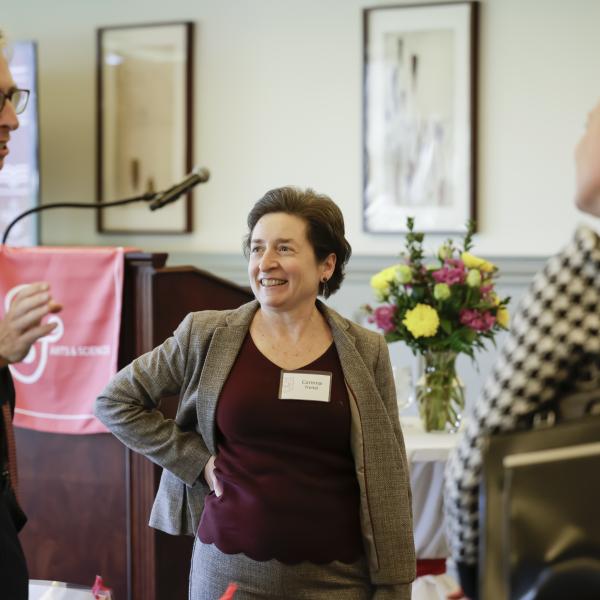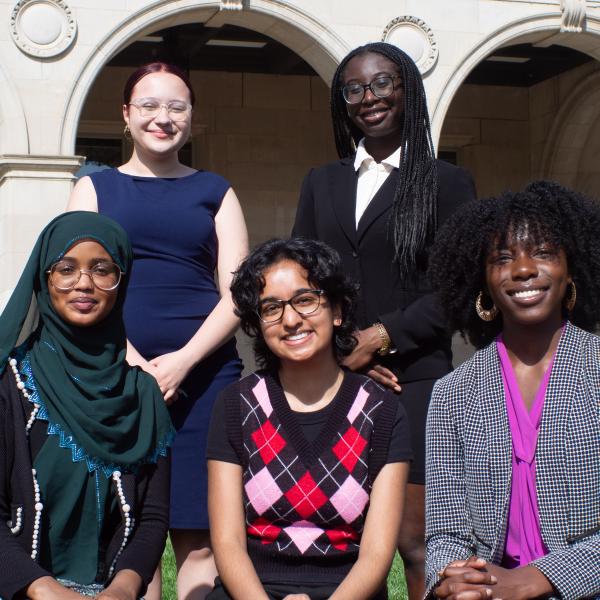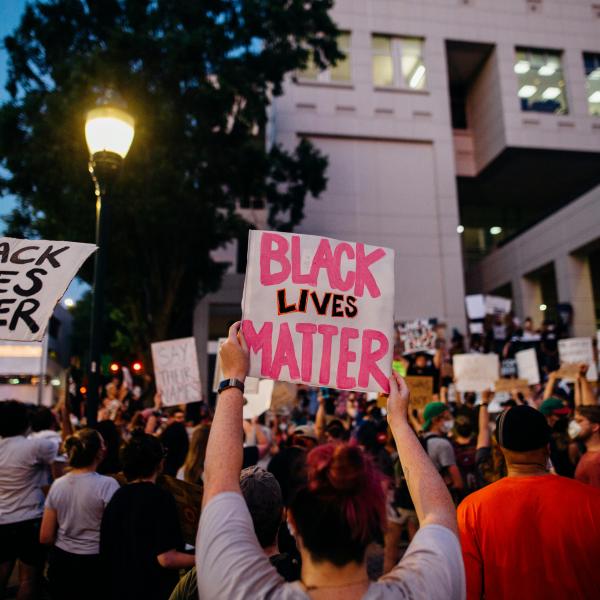What drew you to St. Louis and Washington University?
Of course the department is important, and my colleagues here. Everybody is not only a leading scholar in his or her field, they’re also extremely friendly and open-minded. It's just fantastic to have such great colleagues that are interested in what you're doing, and I'm also excited about what they are doing.
The department has a really interesting focus, in terms of being strong in methods, but then also trying to apply those methods to answer substantially important social science questions. In my work, I try to come up with answers to interesting questions that are methodologically sound and convincing. I think this is exactly the kind of research that people are doing here and that they value. So the feedback that I get helps me to do better.
What are some of the research questions that interest you right now?
I have a general interest in questions that have to do with international redistribution. This cuts across two sub-disciplines: international relations and comparative politics. The questions are typically related to two policy fields: economic policy and environmental policy. In one project, we are looking at public opinion on climate cooperation, which is a typical example of an international cooperation problem. And then we’re trying to learn something about the reasons why some individuals are more in favor of those international efforts and others are more opposed.
In what ways is climate change a redistribution issue?
It’s a redistributive problem in several ways. First of all, conditional on you being willing to accept that there is a problem, if you don’t do anything there will be costs imposed on individuals that are not yet born. This makes it an issue of intergenerational justice, or intergenerational redistribution.
There's also an international and domestic component, because the consequences of global warming are not evenly distributed neither across countries, nor within countries. There will be regions on this planet that will experience more of the consequences of global warming. Then the question is, if you want to do something about this – if you want to, for example, engage in mitigation efforts or adaptation – how would you distribute the costs? Many would like the distribution of climate costs to be fair, although fairness can of course mean different things. One idea is that richer countries can afford to bear a larger share of the costs. Or, you might argue that costs should mirror countries’ CO2 emissions. Interestingly, both conceptions of fairness, ability-to-pay and the polluter-pays principle, imply a very similar international cost distribution. Our research shows that voters support climate policy proposals more strongly if they distribute the costs according to those fairness norms.
This is one type of redistribution that we are thinking about. And then there are domestic questions. For example, should industries that have been contributing to the problem more than others pay more? All these questions have something to do with conceptions of distributive fairness. That's one common theme that keeps me interested in working on those projects.
What first made you interested in studying the political science of climate change?
One important event, and I have to admit there may be some post hoc rationalizing here, was the 2002 Elbe flooding in East Germany. That flood had been termed a ‘millennium flood’ because floods of that severity only occur once in a thousand years. The German chancellor sent troops to help, and I served in the affected regions as part of that disaster response. It was the largest military operation in post-World War II Germany.
There were two important insights that I had. For one, we call these natural disasters, but the response is political. That was particularly obvious in this case because it was six weeks before the next general election, and the chancellor and other politicians were visiting the affected regions all the time. There was a lot of media coverage, and individuals throughout Germany strongly approved of the government’s response. Another thing that struck me was that obviously these are very powerful phenomena. They don't occur on a regular basis, but if they happen, we are talking about massive events – massive in terms of economic destruction and social consequences, traumatizing individuals and families.
Then, when I moved to Switzerland, I of course went hiking a lot and got excited about things like climbing. I could see the large glaciers. When compared with pictures of how they had looked 10, 50, or 100 years ago, it was so obvious that they were melting massively. And the data was pretty clear that they would melt at an increasing rate. And so this, in combination with my interest in the politics of natural disasters, made me think about this general problem of the change in the environmental conditions on this planet and its political dimensions.



